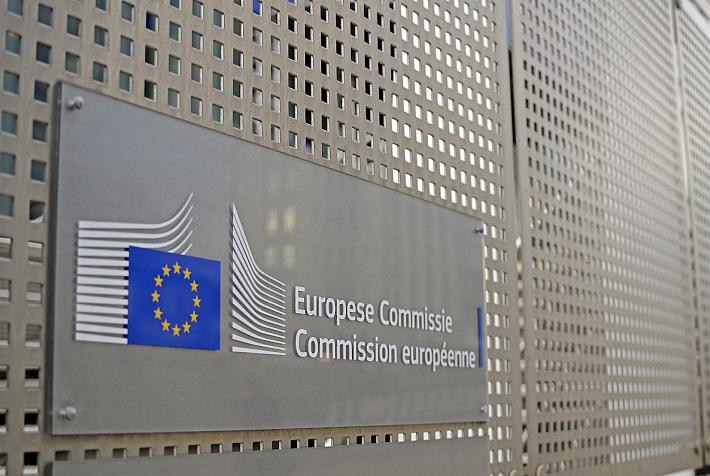Romania's negotiations with IMF reach deadlock on consumer loans ordinance changes

 The negotiations between Romania and the International Monetary Fund, which currently runs a review mission in the country, may have reached a deadlock mainly because of the condition to change the consumer loans emergency ordinance 50, so the IMF visit to Romania could be extended, according to Mediafax newswire. Suspending the agreement with the IMF is not excluded at this point, according to the newswire which quotes sources familiar with the talks. The lack of consensus between the IMF and the Romanian authorities has come up during the talks held on Saturday (October 30) evening. The IMF review mission to Bucharest should have ended on November 1st.
The negotiations between Romania and the International Monetary Fund, which currently runs a review mission in the country, may have reached a deadlock mainly because of the condition to change the consumer loans emergency ordinance 50, so the IMF visit to Romania could be extended, according to Mediafax newswire. Suspending the agreement with the IMF is not excluded at this point, according to the newswire which quotes sources familiar with the talks. The lack of consensus between the IMF and the Romanian authorities has come up during the talks held on Saturday (October 30) evening. The IMF review mission to Bucharest should have ended on November 1st.
The IMF has recently asked for the emergency ordinance 50/2010 on consumer lending contracts to be applied only to new contracts and not to existing ones, said Jeffrey Franks, the head of the International Monetary Fund (IMF) delegation in Romania. Moreover, this will be a condition for Romania receiving the next IMF loan tranche, according to Franks.
The Romanian Government and the opposition parties have been inflexible in making the changes while authorities said it was not normal for the IMF to come to Romania and support only the banks on this matter. According to the officials quoted by Mediafax, any issues in how Romania applied the EU laws when it enforced the OUG 50/2010 should be solved at institutional level, according to the EU Treaty, and should not be part of a financing agreement. Romania should receive the next IMF loan tranche in December, around EUR 870 million, should the review mission approve its disbursement.
The Government Emergency Ordinance 50/2010 entails a more transparent bank interest calculation, linking the final interest to ROBOR or EURIBOR interbank rates, canceling the risk fee and, in case of loans with variable interest, canceling the reimbursement fee altogether. Consumers had expected a lowering of the interest rate – and consequently of their monthly installment, hoping banks would replace their internal interest rate with ROBOR/EURIBOR, while keeping the fixed margin at the same level. Banks have however kept the same interest level and changed the way it was calculated, which triggered the consumers’ discontent. Groups of unhappy customers have already started lawsuits against banks like BCR and Volksbank on this issue, while banks lobbied for the ordinance to be changed.
editor@romania-insider.com











